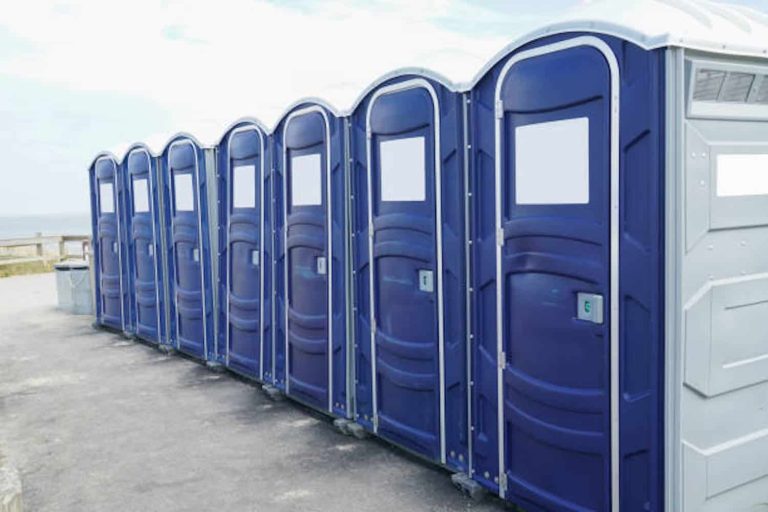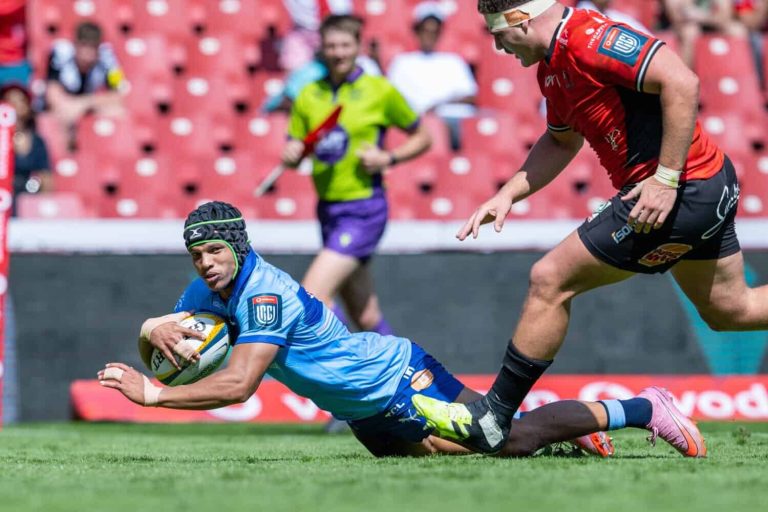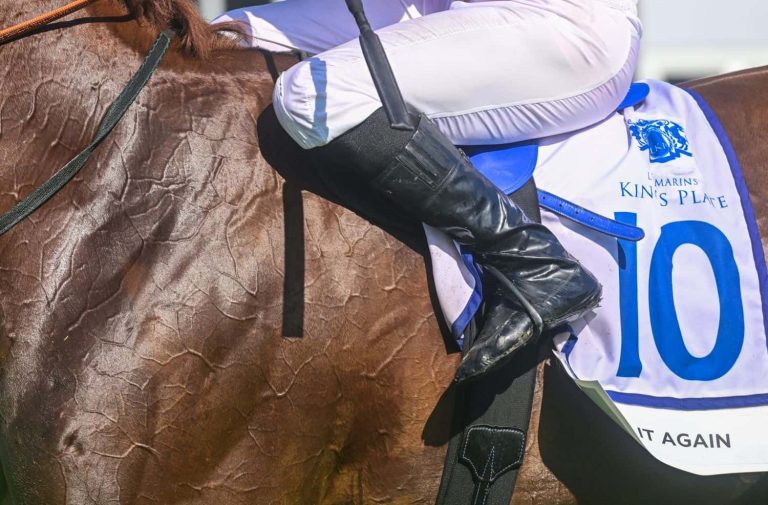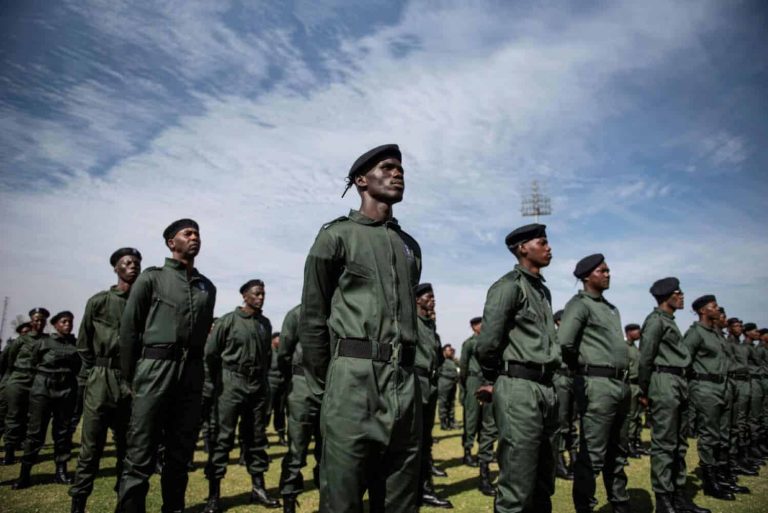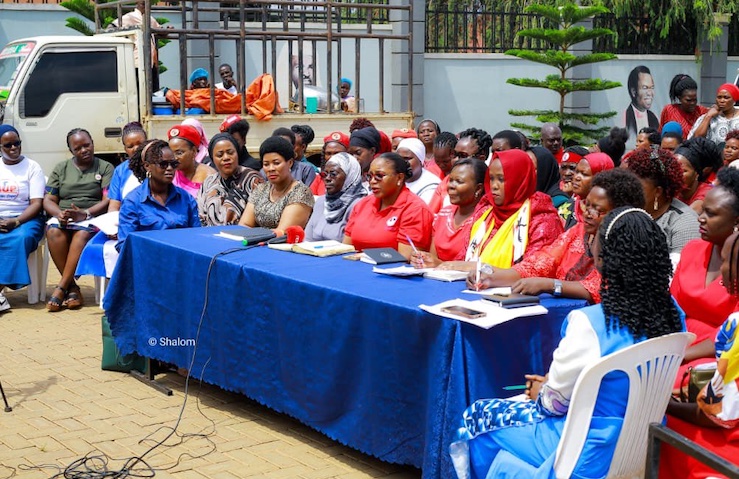
The red berets that once symbolized Kampala’s sweeping political revolution are now facing an internal storm.
As Uganda’s parliamentary campaigns begin, the National Unity Platform (NUP), the party that won nine of the capital’s 10 parliamentary seats in 2021, is discovering that its biggest challenge may not come from President Museveni’s ruling National Resistance Movement (NRM), but from within its own ranks.
In the dusty streets of Makindye, Kawempe and Lubaga, where NUP’s message of change once electrified young voters, frustration now lingers. Disputes over party nominations have fractured local alliances and pushed several high-profile members to run as independents.
What was once a united front against the establishment is now a tangle of rival ambitions and bruised loyalties. At the center of the storm is Makindye division mayor Ali Mulyanyama Nganda.
He had sought NUP’s endorsement for MP, Makindye West, only to later appear on the ballot for Makindye East after incumbent Derrick Nyeko unexpectedly withdrew. The reshuffle ignited uproar among local supporters, who accused the party of imposing “outsiders” on constituencies.
“Why would someone from Makindye West represent us in Makindye East?” asked one voter in a viral social media post. Among those angered is musician and TV personality Robert Ssekidde, better known as Tuff B, who was overlooked for the NUP ticket and is now running as an independent.
“I am not defying the party,” he said, “but the person they sent to us doesn’t even stay here. We petitioned the Election Management Committee but were ignored. I’m standing as an independent so that NRM doesn’t take this seat.”
The confusion has rippled across other parts of Kampala. In Makindye West, NUP’s candidate Zahara Luyirika, who had initially wanted to run for Kampala Woman MP, was suddenly shifted into the race.
The move infuriated sitting MP Allan Ssewanyana and other hopefuls like Farouq Ntenge and activist David Musiri. Both Ssewanyana and Ntenge have chosen to run independently, while Musiri has joined the emerging Democratic Front (DF).
“I was betrayed,” Musiri said. “In 2021, I stepped aside because I was promised the ticket in 2026. Since that wasn’t fulfilled, I chose DF. I can’t keep waiting on false promises.”
In Kawempe South, Roy Ssembogo finds himself in a familiar battle. He lost the NUP ticket in 2021 and has once again been passed over, this time in favor of Fred Nyanzi, the elder brother of NUP leader Robert Kyagulanyi, known to millions as Bobi Wine. Videos circulating on social media show voters questioning Nyanzi’s residency, accusing the party of nepotism.
“I’m not standing against Nyanzi,” Ssembogo told supporters. “He’s the one standing against me. He left his constituency to come here. I’m contesting because I belong here; these are my people.”
In Lubaga South, incumbent MP Aloysius Mukasa has also gone rogue after losing the party ticket to newcomer Eugenia Nassolo.
“The voters still trust me,” he said confidently. “I’ll win again and show the party that they chose the wrong person.”
Even as NUP tries to manage internal dissent, it must also fend off a renewed push from the ruling NRM. In Kampala Central, NUP’s secretary general, Lewis Rubongoya, faces off against the formidable minister for Kampala, Minsa Kabanda.
“The voters know me as a good servant,” Kabanda said in an interview. “I’ll work with the government to bridge the gaps people have felt in leadership. I’ll serve without self-pity and win with God’s grace.”
Elsewhere, Leader of Opposition Joel Ssenyonyi is defending his Nakawa division West seat against NRM’s Anderson Burora, while in Nakawa East, NUP’s deputy spokesperson Waiswa Mufumbiro is in a three-way battle against NRM veteran Fred Ruhindi and Winfred Nakandi, a former NUP member now running under the Democratic Front.
Behind the campaign slogans and street posters, the stakes are high. NUP’s rise in 2021 was built on unity, youthful energy and disillusionment with the political establishment. But that same base is now divided by internal mistrust.
For voters who once painted Kampala red with hope, the party’s public infighting risks dampening the very spirit that swept it to power. Analysts say the internal rifts are a test of NUP’s political maturity.
“Winning in 2021 was about momentum,” said a political observer in Kampala. “Keeping that unity in 2026 is about management, and that’s proving much harder.”
As campaign rallies roar to life across the city, one question hangs over the red wave that transformed Uganda’s political map: can the National Unity Platform survive its own success? If it cannot hold together the coalition that once defined Kampala’s opposition politics, the city that launched its revolution could become the stage for its reckoning.
